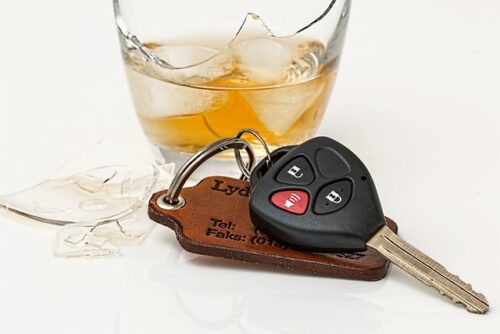
In the event you are pulled over by an officer who believes you are under the influence of drugs or alcohol, you may be asked to take a field sobriety test. Many are unfamiliar with their rights in these situations, are unsure how to proceed, and end up participating. However, it’s necessary to familiarize yourself with these assessments and know whether or not they are mandatory in California. If this reflects your circumstances, the following blog explores what you must know. Additionally, you’ll discover how a DUI lawyer in Sacramento, California can help if you’re experiencing legal troubles.
What Is a Field Sobriety Test?
A field sobriety test is a physical assessment used by police officers to determine whether or not a driver is intoxicated. Generally, the test consists of three sections, used to gauge your balance, ability to follow directions, and stability.
The first assessment is the horizontal gaze nystagmus, which is the involuntary movement of your eyes. These movements become more significant when under the influence, so the officer will have you follow an object with your eyes to see if they move smoothly.
Next, you will stand on one leg and count for up to thirty seconds. The officer will look for signs of intoxication like inability to balance or losing count of numbers. Finally, you will be asked to do the walk-and-turn test. You will take nine steps, turn on one foot, and take nine back. However, you must also walk heel to toe in a straight line. The officer will examine your ability to balance and follow directions.
Am I Allowed to Refuse to Participate?
While some states have mandatory participation in these examinations, you are allowed to refuse to partake in this assessment in California. In fact, it’s in your best interest to avoid taking this test. Unlike breathalyzers or blood testing, these tests do not have a way to accurately measure and determine intoxication, like collecting blood or breath samples. However, if the officer asks you to exit your vehicle, you must comply with these orders before politely refusing to participate in the sobriety testing.
By refusing to participate, you are limiting the evidence against you. Even if you have no alcohol in your system, taking the test and failing for any reason at all can lead to a DUI charge.
It’s also important to note that this does not apply to chemical testing. Refusal to participate in a blood, breath, or urine sample will result in a mandatory one-year license suspension.
When you are facing a DUI charge, it’s essential to ensure you connect with an experienced attorney as soon as possible to discuss your legal options. Connecting with a DUI defense lawyer from the Law Offices of Dale R. Gomes can help ensure you have legal representation to help guide you through these challenging and confusing times. Contact us today to learn how we can assist you.

